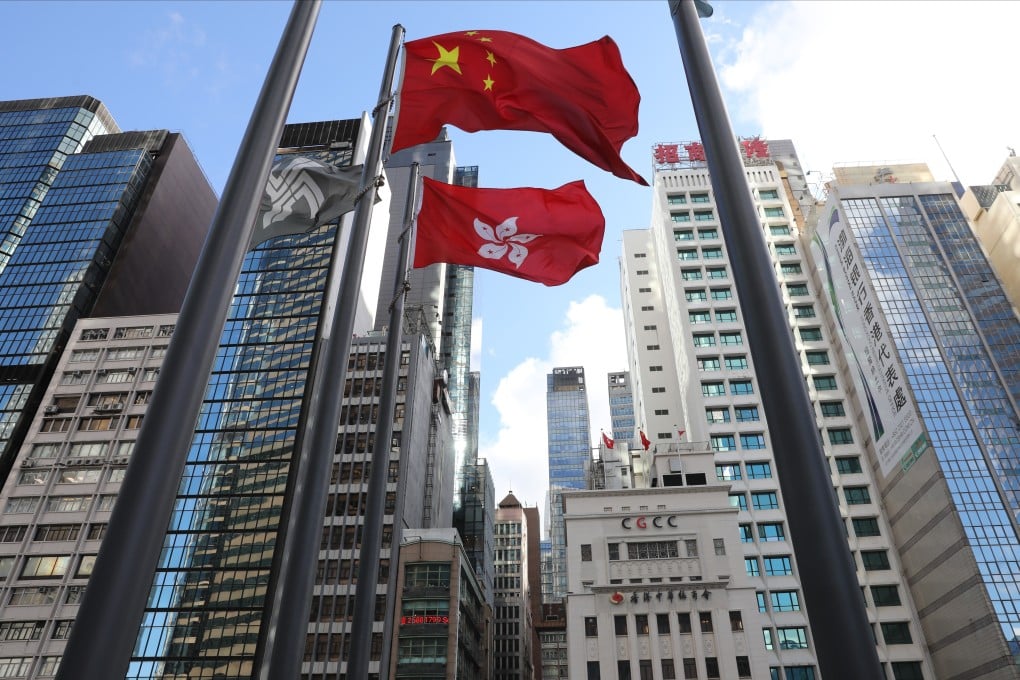Exodus of US firms from Hong Kong to avoid sanctions imposed in wake of security law would hit office market already hurt by unrest, coronavirus
- The fallout could be as much as a 30 per cent cut in rents, given that American companies are now the single largest occupier of prime office space
- If the scenario plays out, it will further damage an office market that has been battered by a year of social unrest, and the coronavirus pandemic

A potential exodus of American companies from Hong Kong to avoid sanctions from US legislation that seeks to punish those who undermine the city’s freedom is likely to put pressure on landlords to reduce rents of prime office space, analysts said.
The fallout could be as much as a 30 per cent cut in rents, given that American companies are now the single largest occupier of prime office space in the city, according to one estimate. If the scenario plays out, it will further damage an office market that has been battered by a year of social unrest, and the coronavirus pandemic.
The vacancy rate of prime office space in the main business hub of Central hit 5 per cent in May, a 12-year high, while rents fell 2.7 per cent, according to property consultancy JLL.
“It will certainly put pressure on rents for landlords,” said Maggie Hu, an assistant professor of real estate and finance at the Chinese University of Hong Kong. “A reduction in the range of 15 per cent to 30 per cent would be expected.”
Her forecast is based on a worst-case scenario of most American companies exiting the city.
As of June, US firms were the single largest occupiers of prime office space in Hong Kong, accounting for 12.5 million square feet, or 16 per cent, of the city’s total, according to CBRE. That is equivalent to more than four International Commerce Centres – the tallest building in Hong Kong.
Mainland Chinese companies occupy 12 per cent of the total prime office space in the city.
Central and Kowloon East may see the biggest impact as they account for 40 per cent of American firms based in the city. American companies are mostly engaged in banking and finance.